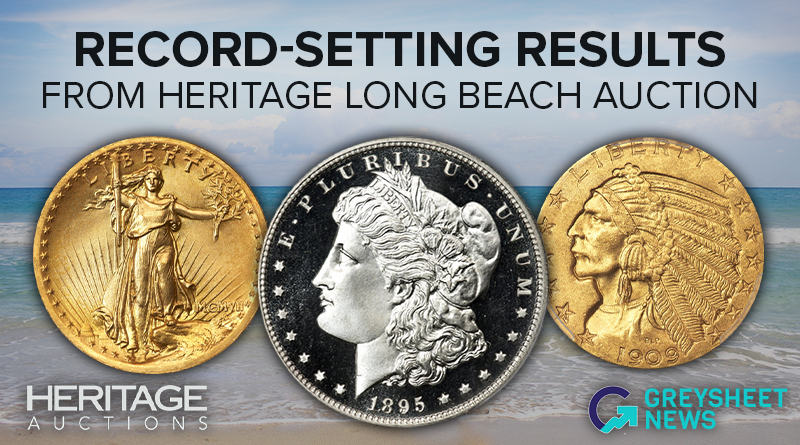Greysheet & CPG® PRICE GUIDE
- U.S. Coins /
- Colonial & Post-Colonial Issues /
-
Massachusetts Copper
Year
Sort by
About This Series
Catalog Detail
Legal Disclaimer
The prices listed in our database are intended to be used as an indication only. Users are strongly encouraged to seek multiple sources of pricing before making a final determination of value. CDN Publishing is not responsible for typographical or database-related errors. Your use of this site indicates full acceptance of these terms.




















| Massachusetts Copper | Value Range | Favorite | |||
|---|---|---|---|---|---|
| Massachusetts Copper | Value Range | ||||
|
$390
-
$19,200
$390 - $19,200
|
||||
|
$156.00
-
$36,000
$156.00 - $36,000
|
||||
|
$228.00
-
$9,380
$228.00 - $9,380
|
||||
Related Stories (powered by Greysheet News)
View all news
Greysheet Catalog Details
Catalog Detail
Legal Disclaimer
The prices listed in our database are intended to be used as an indication only. Users are strongly encouraged to seek multiple sources of pricing before making a final determination of value. CDN Publishing is not responsible for typographical or database-related errors. Your use of this site indicates full acceptance of these terms.










 Loading more ...
Loading more ...

